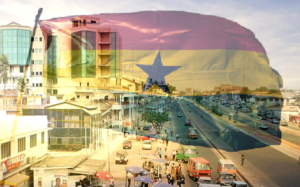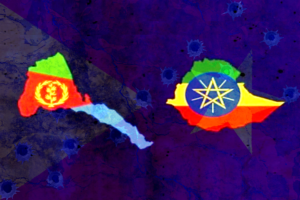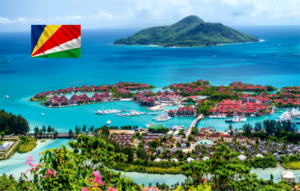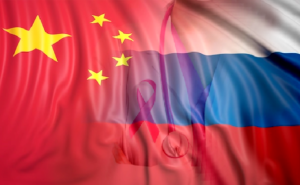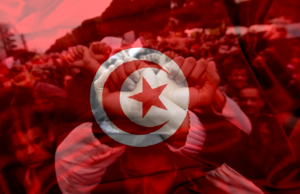Nigerian Court Orders Separatist Leader Nnamdi Kanu to Face Terrorism Charges Amid Wider Questions on Leadership and National Unity
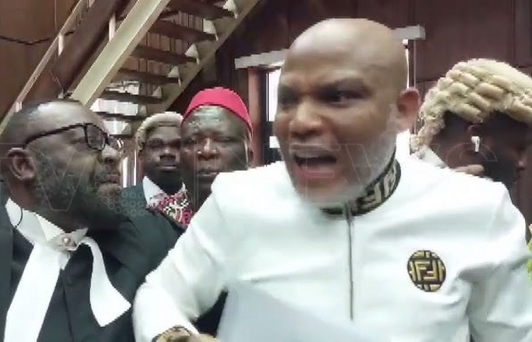
Nigeria’s long-running struggle to balance unity with diversity took another turn Friday when a federal court ruled that separatist leader Nnamdi Kanu must face terrorism charges, rejecting his latest bid for freedom.
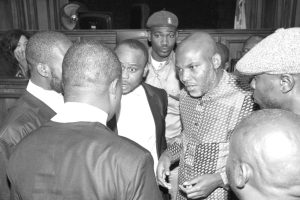
The case against Kanu, leader of the banned Indigenous People of Biafra (IPOB), has become a political and social flashpoint in Africa’s most populous country. IPOB campaigns for an independent state in the southeast, reviving memories of the brutal Biafran civil war of the late 1960s that left more than a million dead.
Justice Binta Nyako of the Federal High Court in Abuja ruled that prosecutors had presented sufficient evidence for the case to continue, aligning with the Nigerian government’s determination to treat separatist agitation as a national security issue. The verdict follows the Supreme Court’s 2024 decision reinstating terrorism charges against Kanu, who has been in and out of detention since 2015.
In many Nigerians view, the ruling highlights the deeper challenge facing African leaders: how to manage political dissent, regional discontent and ethnic nationalism in states forged by colonial boundaries. Nigeria, with more than 200 million people and over 250 ethnic groups, embodies both the promise and the peril of pluralism.
President Bola Tinubu, who has made economic reforms the centerpiece of his administration, now faces mounting pressure to also deliver a strategy for social cohesion. The persistence of IPOB and other separatist movements underlines widespread frustrations with governance, inequality and what many in the southeast perceive as political marginalization.
“This is not just about Nnamdi Kanu. It is about whether Nigeria’s leaders can rethink governance in a way that gives all regions a sense of belonging. Without that, court rulings alone cannot end separatist sentiment” said by Chika Nwosu, a Lagos-based political analyst.
The Kanu case also resonates beyond Nigeria. Across Africa, governments are confronting separatist demands and contested identities: from Ethiopia’s Tigray conflict to secessionist rumblings in Cameroon’s Anglophone regions. The pattern reflects a profound crisis of leadership: the struggle to reconcile inherited colonial structures with modern demands for inclusion and accountability.
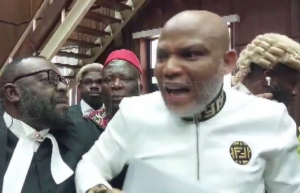
Kanu, a British citizen, first rose to prominence through Radio Biafra, a platform he used to amplify discontent in southeastern Nigeria. He was arrested in 2015, jumped bail in 2017 and was dramatically rearrested in 2021 after Nigerian intelligence swept him from another African country. His supporters argue he is being persecuted for political reasons, while the government insists his rhetoric has fueled violence.
Beyond the courtroom, the case has inflamed philosophical tensions in Nigeria’s southeast, where periodic sit-at-home protests called by IPOB have disrupted business and education. Civil society leaders worry the heavy-handed approach to dissent, risks scooping wide mistrust.
Ifeoma Eze Abuja-based sociologist said that “Leadership in Africa cannot just be about managing power from the top. It has to address citizens’ grievances in ways that strengthen social bonds rather than harden divisions”.
As Kanu prepares for trial, Nigeria stands at a decisional intersection in his case. The government’s legal victory accentuates the authority of the state, but the broader test lies in whether the nation’s leaders can craft a political settlement that transforms recurring separatist agitation into genuine dialogue.


